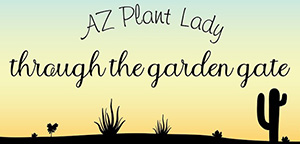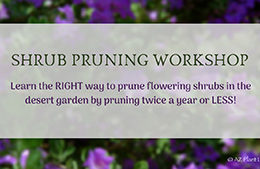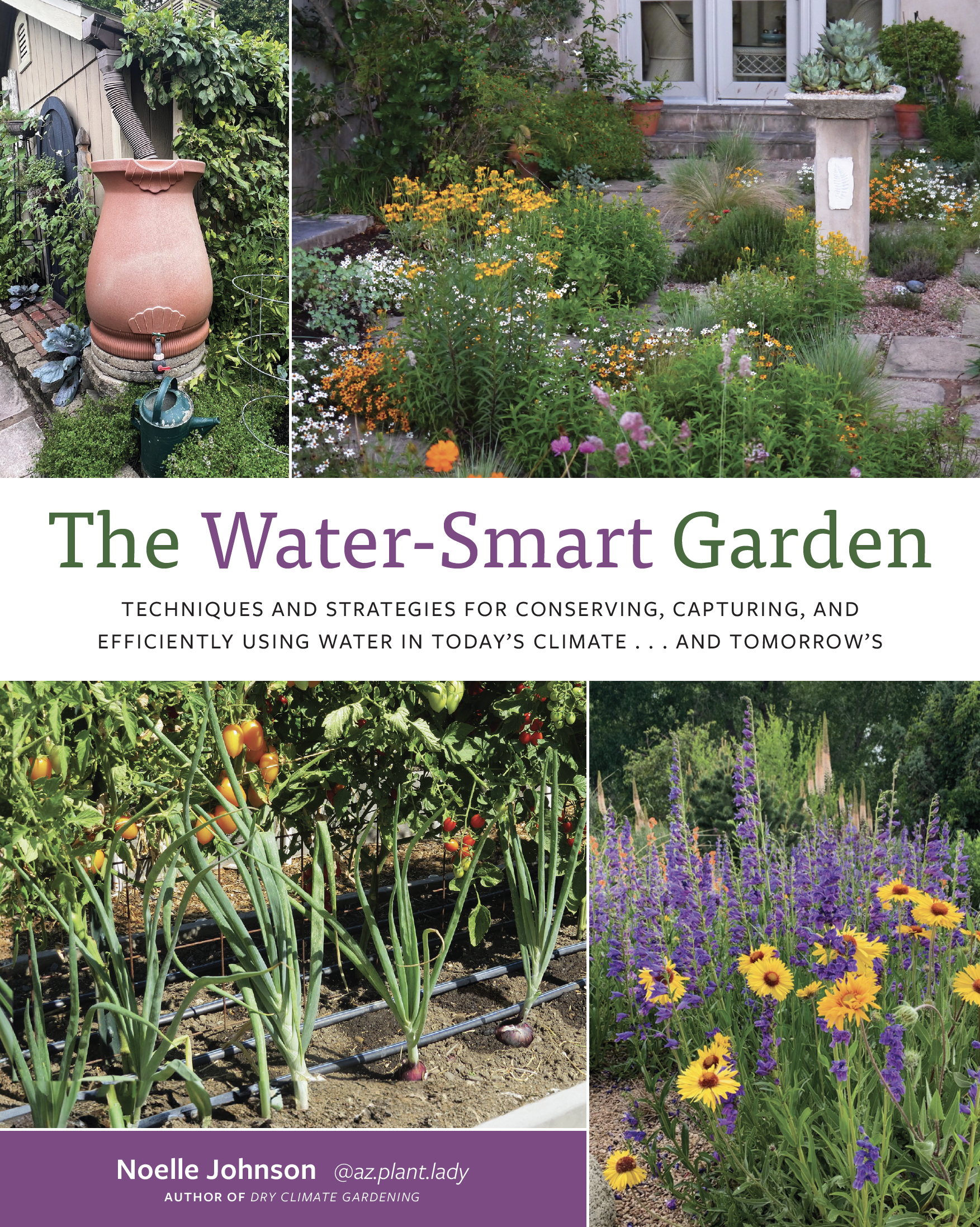
Yesterday, we worked on getting the holes ready for our new English roses. Now the kids and I are so excited that we are almost ready to plant them.

Here are the soil amendments that I purchased – Bone Meal, Compost, Blood Meal and Organic Rose Fertilizer (the blood meal and fertilizer are to be used later).
Bone Meal – an organic source of phosphorus, which helps aid in root development and later flowering.
Compost – enriches the soil as it is filled with micro-organisms which help break down materials and release them into the soil in a form that plants can absorb through their roots.
Blood Meal – is the highest organic source of nitrogen.
Organic Rose Fertilizer – contains organic nutrients as well as beneficial micro-organisms including miccorhizae.
*Miccorhizae are beneficial fungi that forms a beneficial relationship with plant roots and helps them to absorb and transform nutrients into forms that the roots can absorb. Plants with micchorizae growing in symbiosis with their roots:
– Absorb nutrients more easily.
– Use less water.
– Grow more feeder roots.
OK, enough of the amendment lecture, let’s get the holes ready for our roses.

Remember the old nurseryman’s saying, “Dig a $40 hole for a $20 tree.” Well, the same goes for shrubs. It is hard to under-estimate how important a properly dug hole is for the future health and growth of your shrub.
For our roses, we dug our holes approximately 32″ across and 24″ deep, according to the directions from the rose grower.
*For most shrubs, I recommend digging a hole 3X the width of the root-ball of the shrub and roughly the same depth as the root-ball. By doing this, you will have loosened the surrounding soil, making it easier for the roots to spread.

The holes were filled 1/2 way with the compost and then I added the bone meal according to package instructions.

Then we returned some of the dirt that we had previously dug up until level with the top of the hole and mixed it together with all of the amendments.
The English roses we purchased are not bare-root roses, so the planting process from this point on is a little different. But, everything else including preparation of the hole and adding the amendments is the same.

Warning…if you have dogs, they will find a way to play in the dirt you dig up. If you are lucky, they may help you dig your holes.

Once the native soil and amendments were combined, we leveled them out and then with a smaller shovel (I used the kid’s shovel – it was the perfect size), I made a planting hole for each new rose.

My son is so excited and ready to plant his rose.

The hole is the same depth as the root-ball of the shrub rose.

Fill in the hole carefully, but be careful to not add additional soil on top of the rose. Then tamp down lightly around the hole.

Water!

English Roses
Now, it is time to start cleaning up…

The kids are wondering how long they will have to wait for their roses to bloom….hopefully, this spring.
**After the roses have bloomed, I will add the blood meal and organic rose fertilizer. You don’t want to add fertilizer at the beginning since it will cause the branches to grow before the roots can support them.









